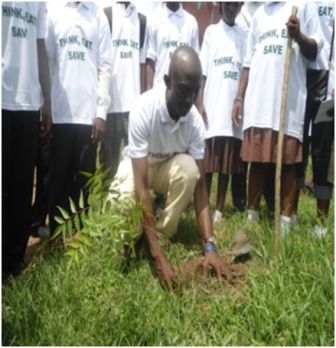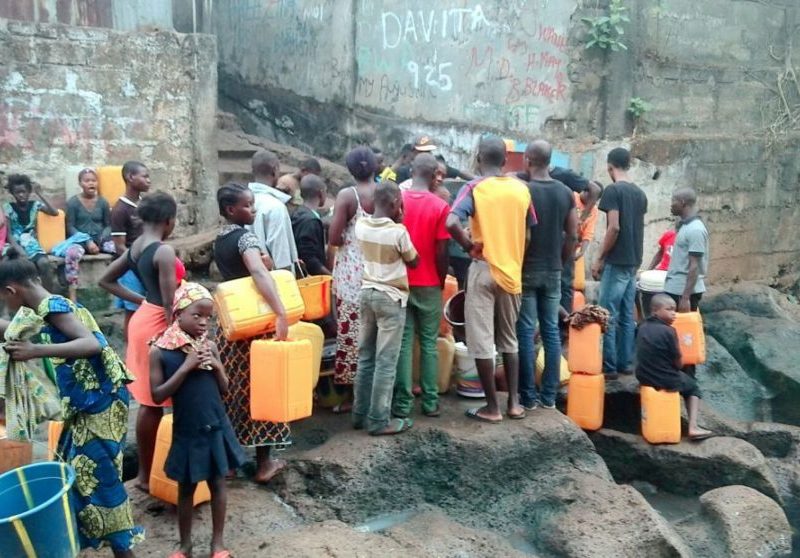Disasters pose a terminal threat to success in the global war on extreme poverty
Governments across the world can think again about ending extreme poverty if they fail to come to terms with the increased risk of natural disasters in some of the poorest parts of the world warns a major new report from the Overseas Development Institute.
By 2030 in Sub Saharan Africa 118 million extremely poor people will face extreme weather hazards – with over 20 million people at risk in countries such as Nigeria and Ethiopia. The report examines the overlap between future concentrations of poverty and areas likely to be most exposed to natural hazards such as drought and flooding as our climate changes. It estimates that globally, around a third of a billion extremely poor people will be living in countries highly exposed to natural hazards by 2030 – more than the current population of the United States.
Without addressing the current paltry levels of funding available for efforts to reduce the risk posed by natural disasters – just 40 cents in every $100 of aid – recent progress made in reducing global poverty efforts could be set back by ‘a lifetime overnight’ in countries where drought, hurricanes and flash floods are a threat. The report recommends that the any renewed set of international Development Goals should incorporate targets on disaster reduction.
Key statistics in the report include:
• The 11 countries most at risk of disaster-induced poverty are Bangladesh, Democratic Republic of the Congo, Ethiopia, Kenya, Madagascar, Nepal, Nigeria, Pakistan, South Sudan, Sudan and Uganda.
• Another 10 countries have high proportions of people in poverty, high hazard exposure and insufficient disaster risk management capacity: Burundi, Central African Republic, Chad, Gambia, Guinea Bissau, Haiti, Liberia, Mali, North Korea and Zimbabwe.
• In 2010 11% of those caught up in the Haiti earthquake died, compared to just 0.1% who died in a Chilean earthquake of comparable magnitude. In 2008 Cyclone Nargis killed 138,000 people in Myanmar compared to the 153 people who lost their lives during Hurricane Gustav, a storm of similar strength, when it struck the Caribbean and the US.
One of the report’s authors, ODI Head of Climate Change Tom Mitchell said:
“This report provides a glimpse of what we can expect to happen to world’s poorest people if we pursue the current approach to helping them prepare for disasters. We know that disasters entrench poverty – they don’t just end lives, they destroy shops, roads, crops, houses and hospitals in places where there are no safety nets such as insurance or social security. Without meaningful change, talk of the end of extreme poverty is pie in the sky.
While greater investment in reducing disaster risk is crucial, political incentives have to shift. We have too long only rewarded those politicians who portray themselves as heroes or heroines when disasters strike. Instead we need a new breed of champions to be winning plaudits for their success in ending poverty and reducing disaster risk at the same time.”
Stay with Sierra Express Media, for your trusted place in news!
© 2013, https:. All rights reserved.






